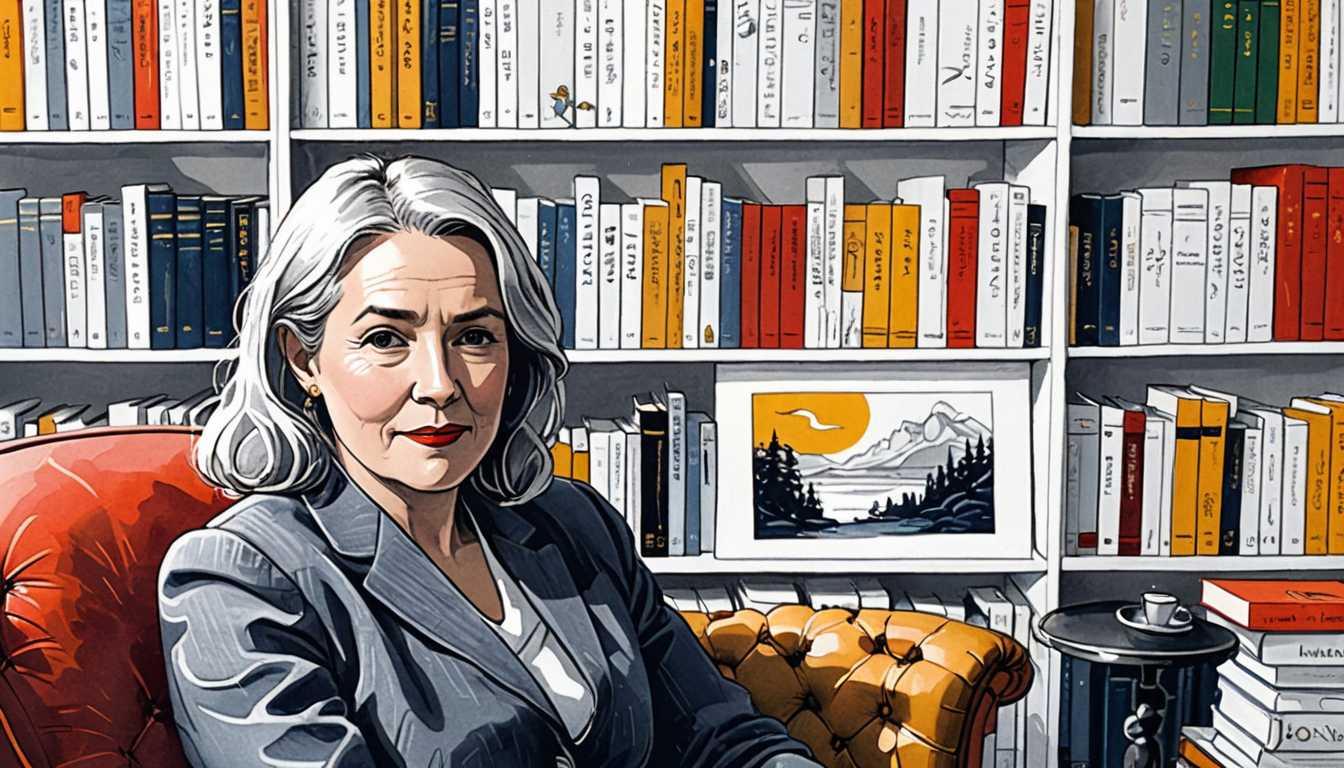Talking Through Time: Language's Mystery
May 2018
The Conversation
Introduction
Dive into the mystery of how humans started gabbing! "The elusive foolproof theory of the origin of language" from The Conversation takes you on a wild ride through history, exploring how our unique ability to communicate with words sets us apart. Ever wondered if Homo erectus chatted about the weather? Or why "mama" and "papa" sound similar in so many languages? This article tackles these questions with humor and insight, showing just how tricky pinning down language's beginnings can be. Ready to unravel the linguistic puzzle?
READ FULL ARTICLEWhy It Matters
Discover how this topic shapes your world and future
Unlocking the Mysteries of Our Words
Imagine for a moment a world without language. No texts, no chats, no way to tell your friend the latest gossip, or even to ask for a simple glass of water. Sounds pretty impossible, right? Language is the cornerstone of human society, a key that has unlocked countless doors from ancient civilizations to today's globalized world. It's not just about communication; it's about shaping our thoughts, cultures, and even our perception of reality. The quest to understand where language came from isn't just academic curiosity—it's a journey to the heart of what makes us human. Every word you speak or write connects you to a complex history that spans back thousands of years, influencing everything from your social interactions to how you see the world. For you, as a student stepping into a world where communication is more important than ever, grasping the origins and power of language could be your superpower in navigating the future.
Speak like a Scholar
Cognitive Scientist
A scientist who studies the mind and its processes, including how people think, learn, remember, and perceive.
Grammatical Gender
A system in some languages where nouns are classified into genders, often affecting the form of related words.
Symbols
Objects, characters, or other concrete representations that stand for ideas, values, people, or ways of life.
Bilabials
Sounds in speech produced by using both lips (think of the sounds /m/, /p/, and /b/).
Comparative Linguistics
A branch of linguistics concerned with comparing languages to find their historical connections.
Proto-Languages
Hypothetical, reconstructed languages that are thought to be the common ancestors of language families.
Independent Research Ideas
The power of bilabials
Explore how the simplest sounds made by infants can shape the most fundamental words in various languages. Investigate the psychology and linguistics behind this phenomenon and its implications for understanding language development.
Symbols beyond words
Dive into the world of symbols used in different cultures and their meanings. How do non-verbal symbols like emojis or ancient hieroglyphs compare to the complexity of spoken language?
Language and thought
Examine how the language we speak influences the way we think and perceive the world. Can learning new languages change your perspective or cognition?
The evolution of grammatical genders
Investigate why some languages have grammatical genders and others do not. How do these structures affect the speakers' views on gender and objects?
Deciphering dead languages
Take on the challenge of understanding how linguists reconstruct ancient languages that no longer have living speakers. What does this process tell us about human history and migration?
Related Articles

Your Brain Prefers Your First Language
March 2024
Massachusetts Institute of Technology (MIT)

Annie Ernaux: From Rejection to Nobel Glory
October 2022
Smithsonian Magazine

Colors Reimagined: Bilingual Minds
November 2023
Massachusetts Institute of Technology (MIT)

Singing Words, Shaping Language
June 2023
Massachusetts Institute of Technology (MIT)

Dreaming in Multilingual
February 2023
BBC